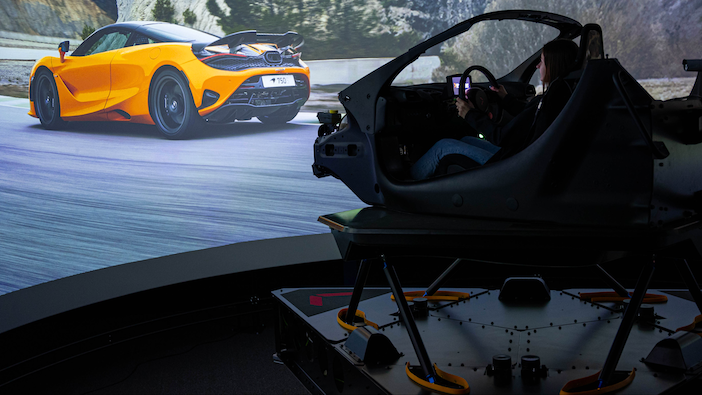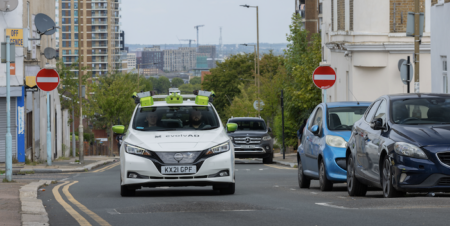Dynisma, a motion simulator company based in the UK, has released figures estimating that its virtual testing technology can save automotive OEMs more than US$10million per vehicle development programme, due to the reduced requirement for expensive physical prototypes.
The US$10million figure is based on the average cost of a vehicle prototype being around US$500,000, and more than 50 individual prototypes typically being built for a single vehicle development programme. The latest driving simulators, such as Dynisma’s DMGs (Dynisma Motion Generators), can reduce the need for actual prototypes by 40%, representing double-digit million-dollar savings. Such simulators offer a lifelike driving experience to automotive OEM development drivers, giving them get feedback as close to the real world as possible, with data that can be correlated.
Dynisma says its simulators also have the potential to reduce the time required to bring a new vehicle to market by 50%, while the reduced physical driving also reduces the CO2 emissions of test programmes.
Simon Holloway, commercial director at Dynisma, said of the claims: “Testing in the real world is a vital part of the new vehicle development process, but it is time-consuming, costly, and has a significant environmental impact for an automotive OEM. Dynisma’s DMG simulators allow car makers to increase the amount of virtual testing – without any compromise for development drivers or engineers – delaying the point at which a physical prototype is required, potentially bringing double-digit million-dollar savings as fewer actual test vehicles are needed.
“This benefit is compounded when you consider that with fewer prototypes and a smaller vehicle development carbon footprint, sustainability targets can be met while, at the same time, a new car can be developed in less time too. Also, because virtual simulation can speed up development, simulators such as ours can accelerate the transition to EVs, bringing further climate benefits.”





